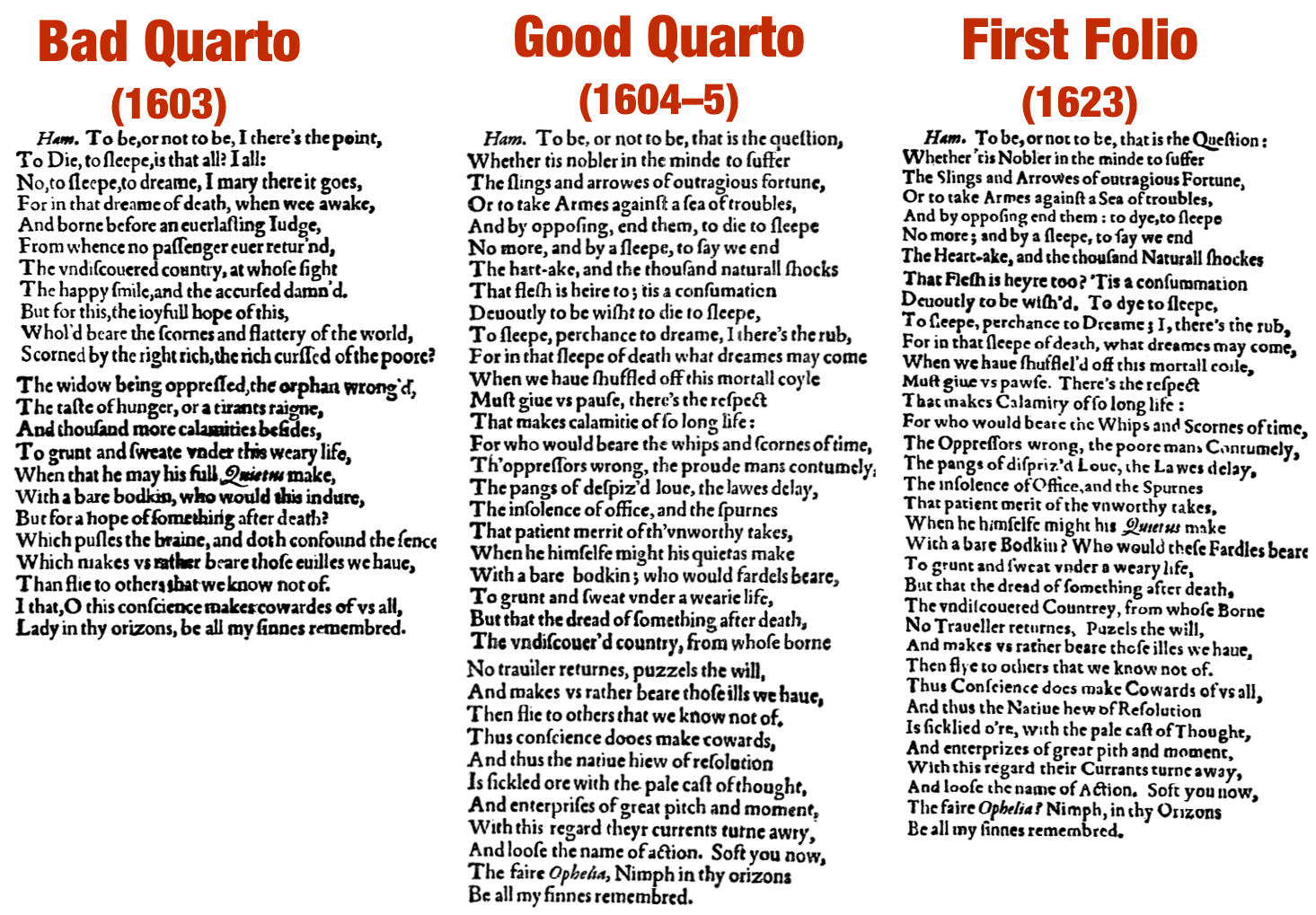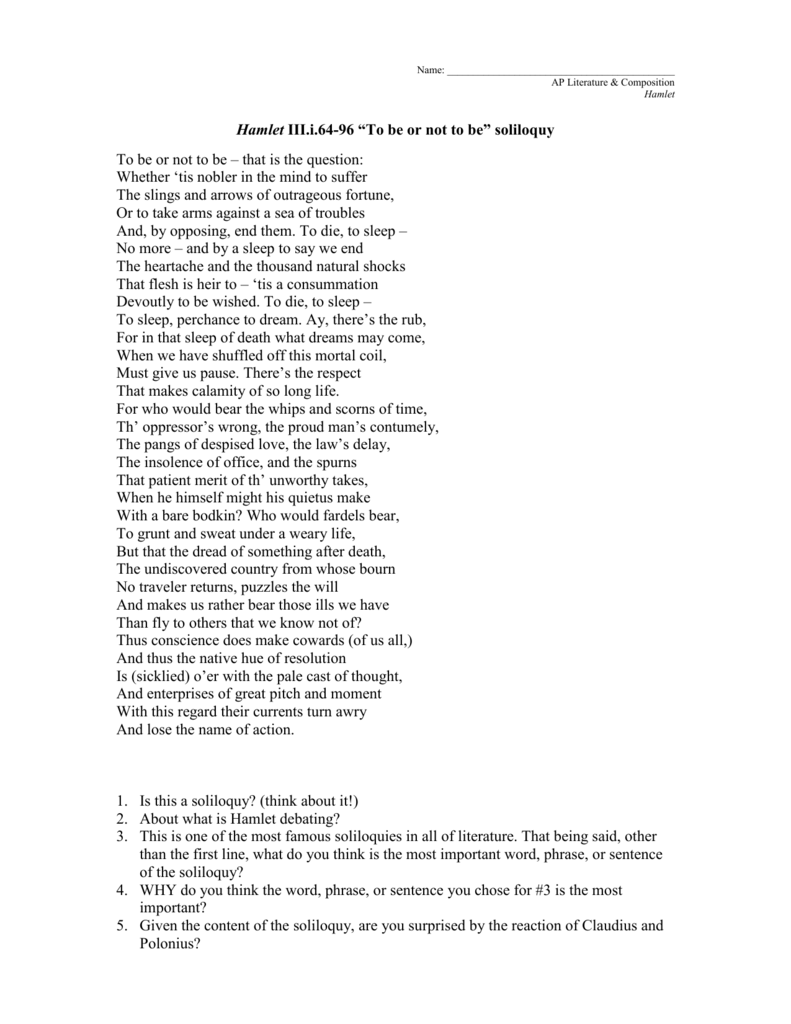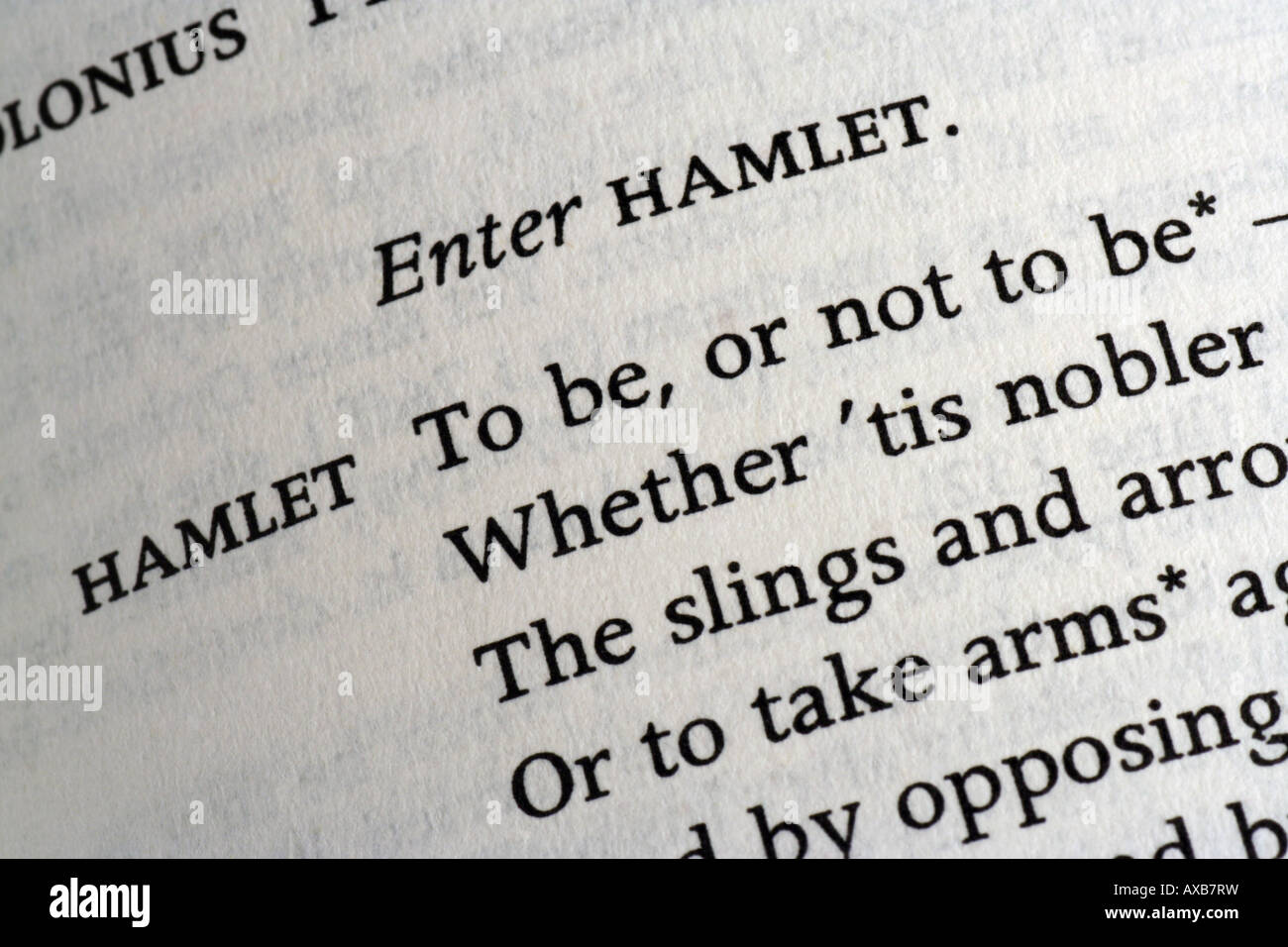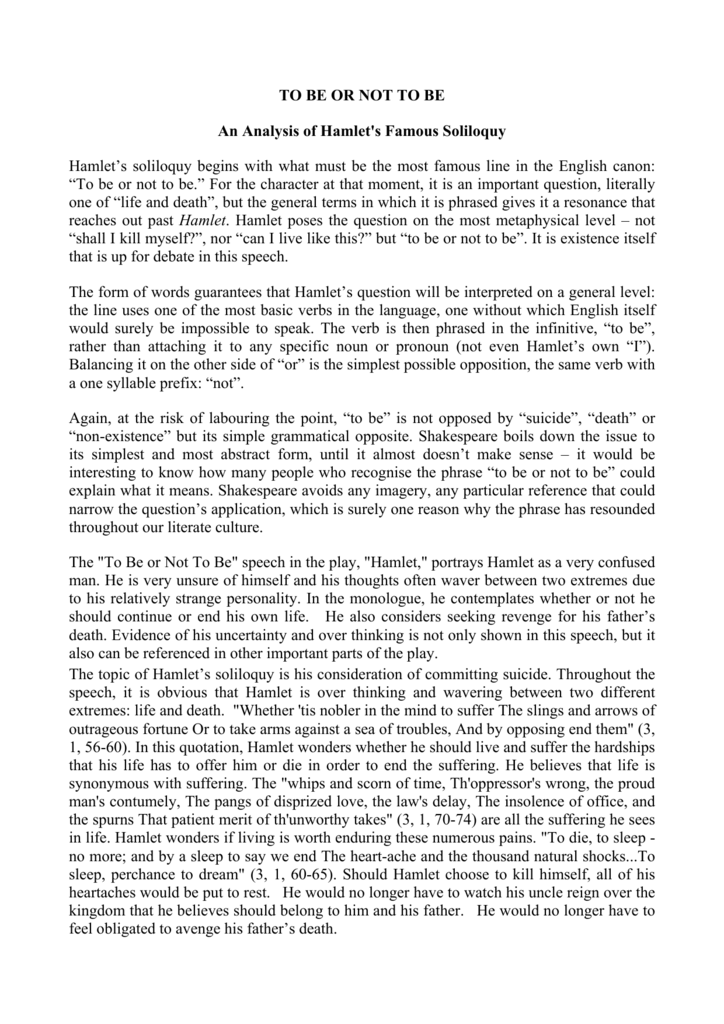To Be Or Not To Be Hamlet Monologue - This soliloquy from act 3, scene 1 is the single most famous speech in hamlet, and probably in all of dramatic history. That makes calamity of so long life. Whether 'tis nobler in the mind to suffer the slings and arrows of outrageous fortune or to take. To die—to sleep, devoutly to be wish'd. Whether 'tis nobler in the mind to suffer the slings and arrows of outrageous fortune, or to take arms. Who would fardels bear, than fly. To be, or not to be:
Whether 'tis nobler in the mind to suffer the slings and arrows of outrageous fortune or to take. Whether 'tis nobler in the mind to suffer the slings and arrows of outrageous fortune, or to take arms. This soliloquy from act 3, scene 1 is the single most famous speech in hamlet, and probably in all of dramatic history. To die—to sleep, devoutly to be wish'd. That makes calamity of so long life. Who would fardels bear, than fly. To be, or not to be:
That makes calamity of so long life. Whether 'tis nobler in the mind to suffer the slings and arrows of outrageous fortune or to take. Whether 'tis nobler in the mind to suffer the slings and arrows of outrageous fortune, or to take arms. This soliloquy from act 3, scene 1 is the single most famous speech in hamlet, and probably in all of dramatic history. To die—to sleep, devoutly to be wish'd. To be, or not to be: Who would fardels bear, than fly.
TO BE OR NOT TO BE Famous William Shakespeare HAMLET Monologue FULL
That makes calamity of so long life. To die—to sleep, devoutly to be wish'd. To be, or not to be: Who would fardels bear, than fly. This soliloquy from act 3, scene 1 is the single most famous speech in hamlet, and probably in all of dramatic history.
“To Be or Not to Be” The Iconic Speech’s Origins, Interpretations, and
To be, or not to be: This soliloquy from act 3, scene 1 is the single most famous speech in hamlet, and probably in all of dramatic history. That makes calamity of so long life. To die—to sleep, devoutly to be wish'd. Who would fardels bear, than fly.
Hamlet's Soliloquy To Be Or Not To Be Recitation and Analysis YouTube
Whether 'tis nobler in the mind to suffer the slings and arrows of outrageous fortune, or to take arms. Who would fardels bear, than fly. That makes calamity of so long life. This soliloquy from act 3, scene 1 is the single most famous speech in hamlet, and probably in all of dramatic history. To die—to sleep, devoutly to be.
"Hamlet Soliloquy To Be or Not to Be" Canvas Print for Sale by
That makes calamity of so long life. Who would fardels bear, than fly. To be, or not to be: This soliloquy from act 3, scene 1 is the single most famous speech in hamlet, and probably in all of dramatic history. Whether 'tis nobler in the mind to suffer the slings and arrows of outrageous fortune, or to take arms.
Hamlet To Be or Not To Be Soliloquy.doc
This soliloquy from act 3, scene 1 is the single most famous speech in hamlet, and probably in all of dramatic history. Who would fardels bear, than fly. To die—to sleep, devoutly to be wish'd. Whether 'tis nobler in the mind to suffer the slings and arrows of outrageous fortune, or to take arms. That makes calamity of so long.
Hamlet's Soliloquy "To be or not to be" No Fear Shakespeare Hamlet
Who would fardels bear, than fly. This soliloquy from act 3, scene 1 is the single most famous speech in hamlet, and probably in all of dramatic history. To be, or not to be: That makes calamity of so long life. To die—to sleep, devoutly to be wish'd.
Beginning of most famous soliloquy from Hamlet, by William Shakespeare
This soliloquy from act 3, scene 1 is the single most famous speech in hamlet, and probably in all of dramatic history. Who would fardels bear, than fly. To die—to sleep, devoutly to be wish'd. That makes calamity of so long life. To be, or not to be:
To Be or Not to Be (Hamlet monologue) YouTube
To die—to sleep, devoutly to be wish'd. Who would fardels bear, than fly. To be, or not to be: This soliloquy from act 3, scene 1 is the single most famous speech in hamlet, and probably in all of dramatic history. Whether 'tis nobler in the mind to suffer the slings and arrows of outrageous fortune or to take.
To Be, Or Not To Be WILLIAM SHAKESPEARE Popular Poems Speech From
Who would fardels bear, than fly. This soliloquy from act 3, scene 1 is the single most famous speech in hamlet, and probably in all of dramatic history. Whether 'tis nobler in the mind to suffer the slings and arrows of outrageous fortune or to take. That makes calamity of so long life. Whether 'tis nobler in the mind to.
TO BE OR NOT TO BE An Analysis of Hamlet's Famous Soliloquy
Who would fardels bear, than fly. This soliloquy from act 3, scene 1 is the single most famous speech in hamlet, and probably in all of dramatic history. That makes calamity of so long life. To die—to sleep, devoutly to be wish'd. Whether 'tis nobler in the mind to suffer the slings and arrows of outrageous fortune, or to take.
Whether 'Tis Nobler In The Mind To Suffer The Slings And Arrows Of Outrageous Fortune, Or To Take Arms.
To die—to sleep, devoutly to be wish'd. That makes calamity of so long life. To be, or not to be: Who would fardels bear, than fly.
This Soliloquy From Act 3, Scene 1 Is The Single Most Famous Speech In Hamlet, And Probably In All Of Dramatic History.
Whether 'tis nobler in the mind to suffer the slings and arrows of outrageous fortune or to take.









